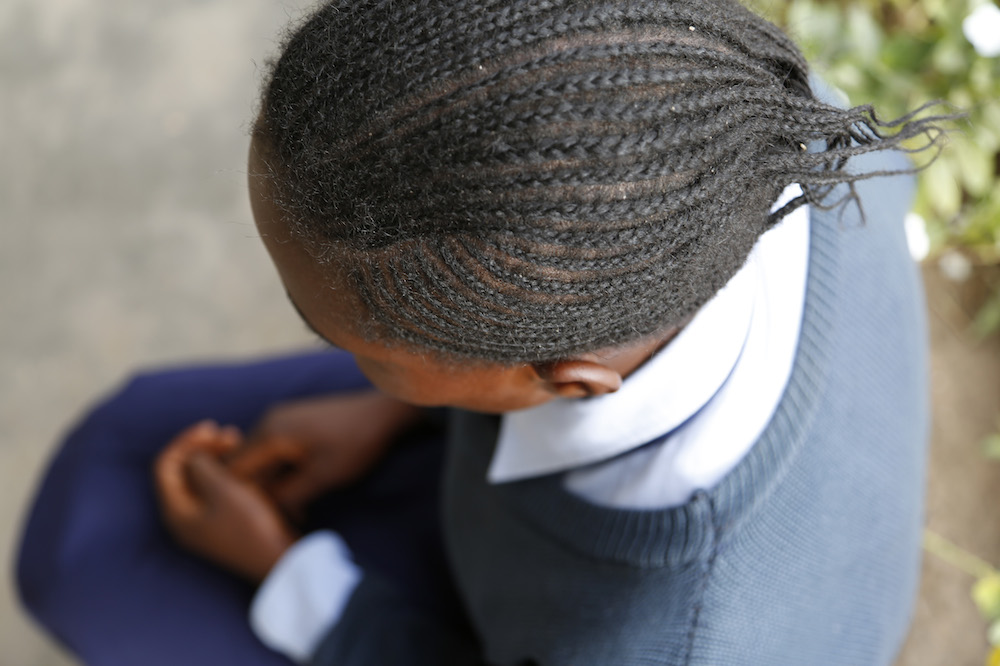
Millions of Indians form giant human chain to protest against child marriage
Child marriage, Girls' education, Right to education
Officials claim the line of people stretched for more than 8000 miles across Bihar state, raising awareness of a practice that disrupts many girls' education.
Holding hands, millions of people in India protested against child marriage by forming an incredible human chain that stretched more than 8000 miles.
Schoolchildren, teachers, parents and people from all walks of life stood yesterday in a giant line that zig-zagged across the state of Bihar.
Officials claimed as many as 40 million people took part in the chain, which weaved through villages and towns, and across national highways.
The 30-minute event was held to drive awareness of child marriage and the dowry system that surrounds the marriage of girls.
Almost half of Indian girls are married before the legal minimum age of 18 – but that figure rises to 69% in Bihar, according to the charity Girls Not Brides.
Girls who marry young can have their education disrupted either because they are not permitted to return to school or because of early pregnancy.
Bihar’s Chief Minister Nitish Kumar signalled the start of the human chain at the historic ground of Gandhi Maidan in Patna. He said: “Ultimately, it is the spirit of the human chain that is important. This is a people’s campaign.”
An official estimate put the length of the human chain at 13,668 kilometres (8490 miles).
Though illegal, child marriage is deeply rooted in India. It is rarely reported as a crime and officials are often reluctant to prosecute offenders.

Factors such as poverty, weak law enforcement, patriarchal social norms and concerns about family honour are often blamed. Many parents in Bihar marry their daughters young to reduce the cost of the dowry to be paid by them.
In October, India’s top court ruled that a man who has sex with a wife who is aged between 15 and 18 is committing rape. But it will not be applied retrospectively.
More news

Skills for the future give young people the best chance of success
